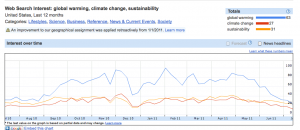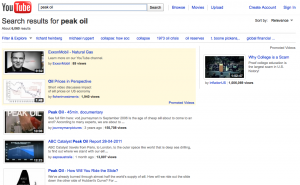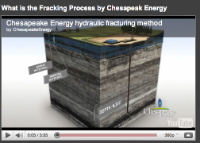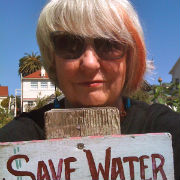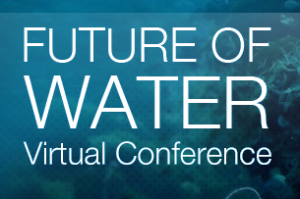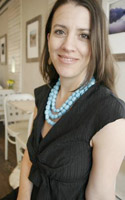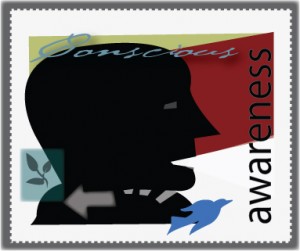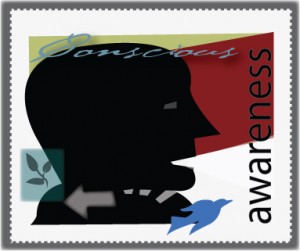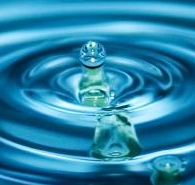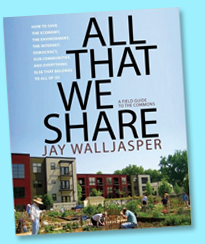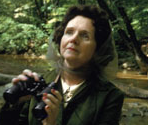A recent climate change PR Release could have been improved in four ways: (1) by the simple addition of a recommended twitter post (one of the clients referenced in the release has a twitter account so the client will be writing one at some point), (2) by a landing page for, at a minimum, the PR Release so that in the twitter or Facebook reference I can send my audience directly to my source, and (3) by a video interview on YouTube addressing the issue and the findings.
What is the reason for spending money on a PR release in the first place if the subject isn’t worth broadcasting. Two aspects of marketing – frequency and consistency – need to be emphasized and the old school of PR release isn’t doing that by failing to integrate social media to include the triple play of Youtube, Facebook, and Twitter.
Why do I emphasize these three?
Social media is a distribution tactic related to a search strategy (a.k.a being found strategy) of which a PR release is often the starting point.
Number 4 improvement- keyword strategy
Who is your primary audience?
Connecting the terms climate change, global warming, and sustainability will begin to influence the page rankings for the organizations and individuals advocating sustainability principles and practices, being more visible to citizens searching for information and guidance on anyone or all three of the terms. If the folks using search engines to find you and information on global warming, climate change and sustainability aren’t a primary audience who is? Searchers are active in the learning and buying cycle. They are the best prospect for your idea, cause or cure.
Therefore, it is advantageous to sustainability and climate change advocates to incorporate all three terms throughout their press releases and, most importantly, on all Web published documents – all content really.
 This represent approximately 1M citizens per month in U.S. searching on global warming; 670,000 on climate change; and nearly 370,000 on sustainability.
This represent approximately 1M citizens per month in U.S. searching on global warming; 670,000 on climate change; and nearly 370,000 on sustainability.
Who and what organizations get top page rankings on these terms?
Take a look by searching on these terms, now, in Google and on YouTube. The 1st and 2nd most popular search engines. Keep in mind that overtime large Corporations can own these top page rankings on key sustainability terms for both organic search (what I am talking about in this post) and most certainly through paid search.

